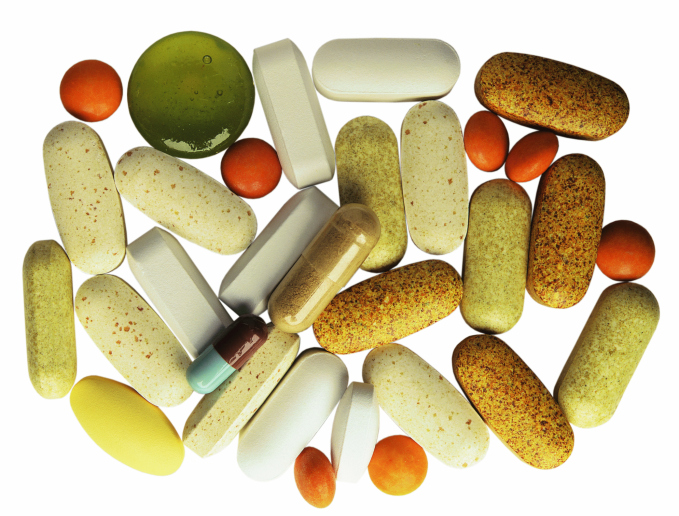Food supplements in recent years they have seen an incredible increase in sales in pharmacies and also in supermarkets. This is also underlined by a study by Mediobanca which describes Italy as the largest market for food supplements in Europewith sales expected to hit 5 billion in 2025 . One of the reasons for its success is that there are supplements designed and marketed to support an incredible number of health problems. However, the indications proposed by the producers do not always correspond to the truth, so much so that numerous scientific studies question the effectiveness of some preparations. Two scientific works on this topic are highlighted on the Epicentro portal by the Higher Institute of Health.
The site mentions the July 2022 issue of the US newsletter Clinical Digest, edited by the National Center for Complementary and Integrative Health (NCCIH), which summarizes the state of scientific knowledge relating to the benefits of food supplements on cognitive functions, dementia and Alzheimer’s. The newsletter states that although some studies have shown positive effects of some supplements on preventing the decline of cognitive function, there is still not enough evidence to support this effect.

Another job (presented in the March 2022 newsletter of Clinical Digest, edited by the National Center for Complementary and Integrative Health (Nccih), focuses on food supplements used to prevent or slow the progression of certain eye diseases such as cataracts, age-related macular degeneration, glaucoma and diabetic retinopathy. There is, in fact, some scientific evidence that a combination of vitamins E, C, beta carotene and zinc can reduce the risk of developing macular degeneration. Furthermore, there is evidence – albeit limited – that for some population groups with malnutrition problems, carotenoids, lutein / zeaxanthin may be associated with a reduction in the need for cataract surgery. However, further studies are needed to support the benefit of their use. The other aspect to consider is that the currently available data do not support the use of dietary supplements containing vitamins A, C and E for the treatment of glaucoma.
© Copyright reserved Photos: AdobeStock, iStock
For 12 years Ilfattoalimentare has been telling what happens in the world of supermarkets, what are the pitfalls in labels, publishes the sentences on misleading advertising as well as reporting the work of lobbies that operate against the interests of consumers.
Ours is an independent site without a publisher, without conflicts of interest and without public contributions. This is possible thanks to the banners of the companies and the thousands of readers who read us every day and allow us to reach 20 million views a year, without stuffing the articles with invasive advertising. Ilfattoalimentare gives free access to all articles.
Support us, just a minute click here. If you want you can also do it with a monthly payment.
Roberto La Pira
